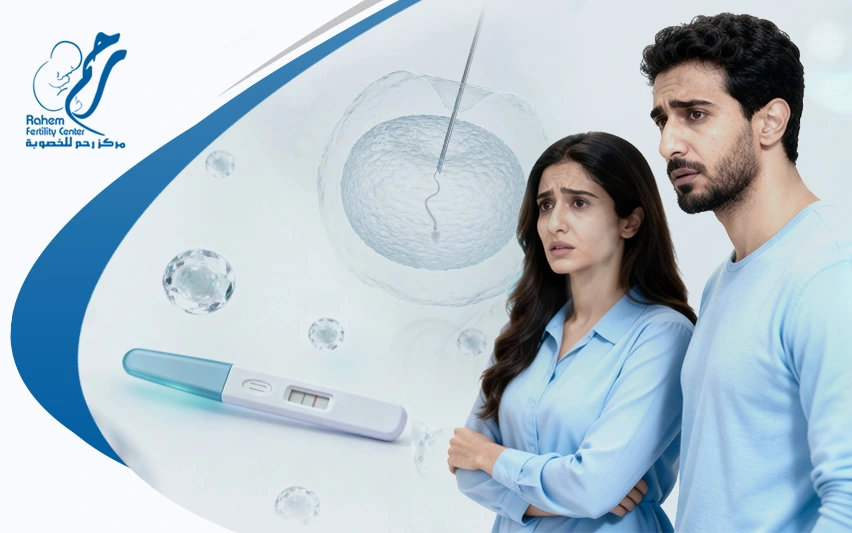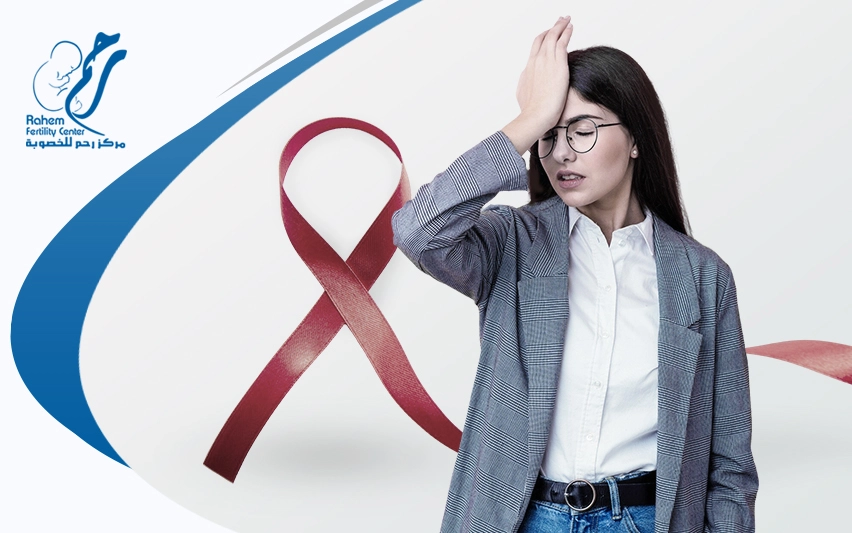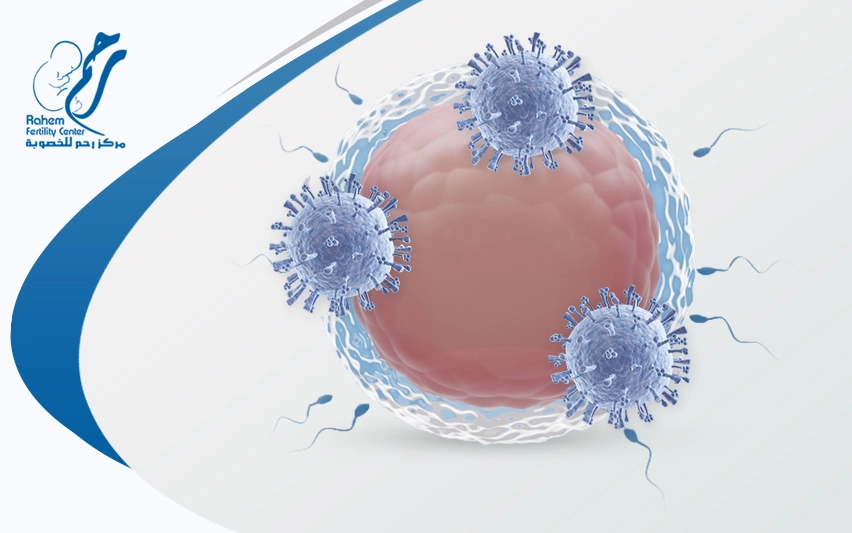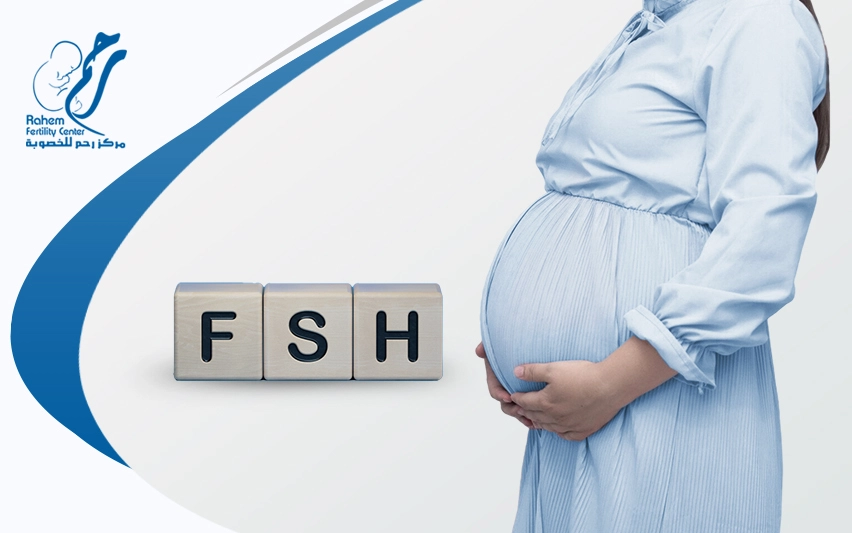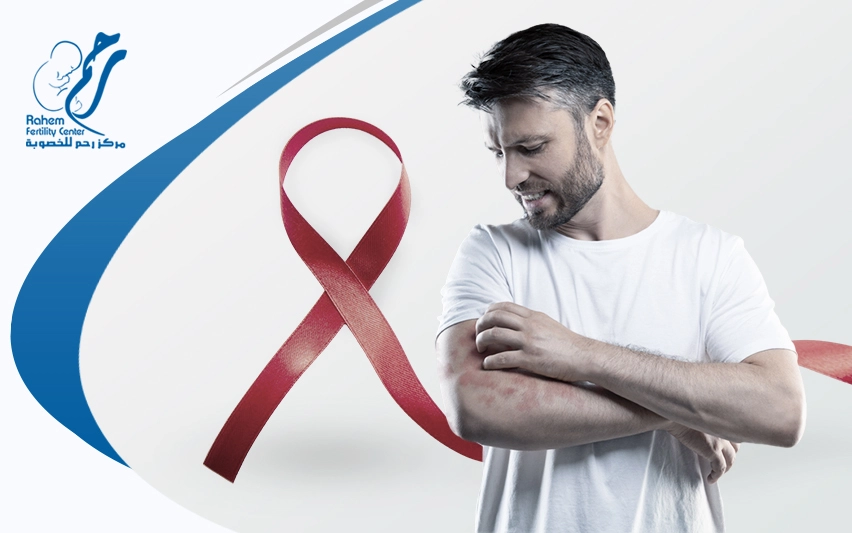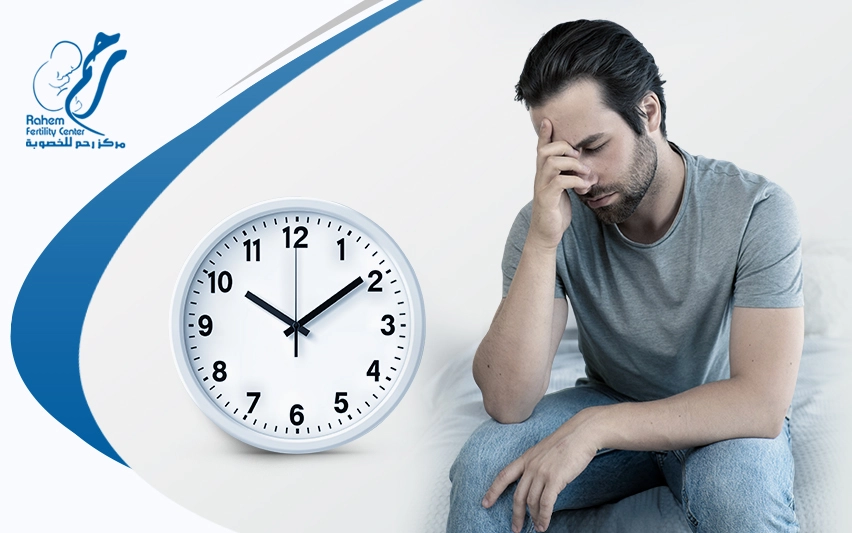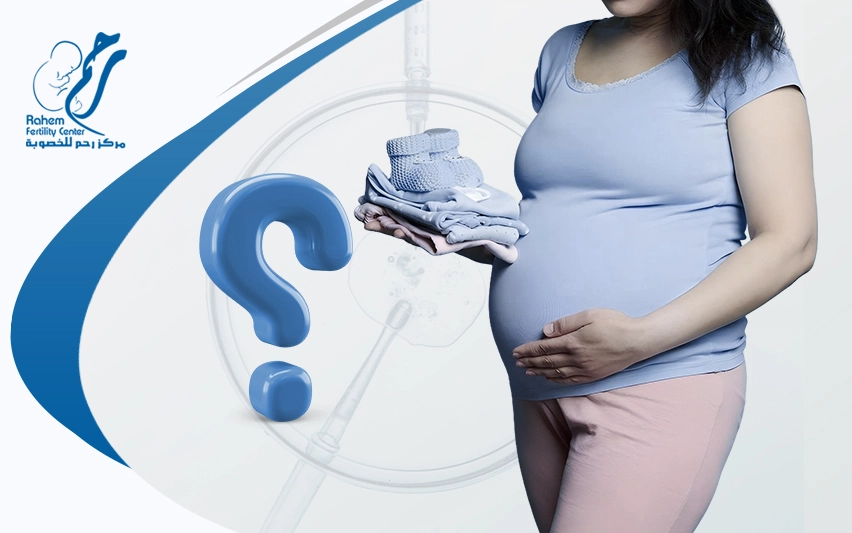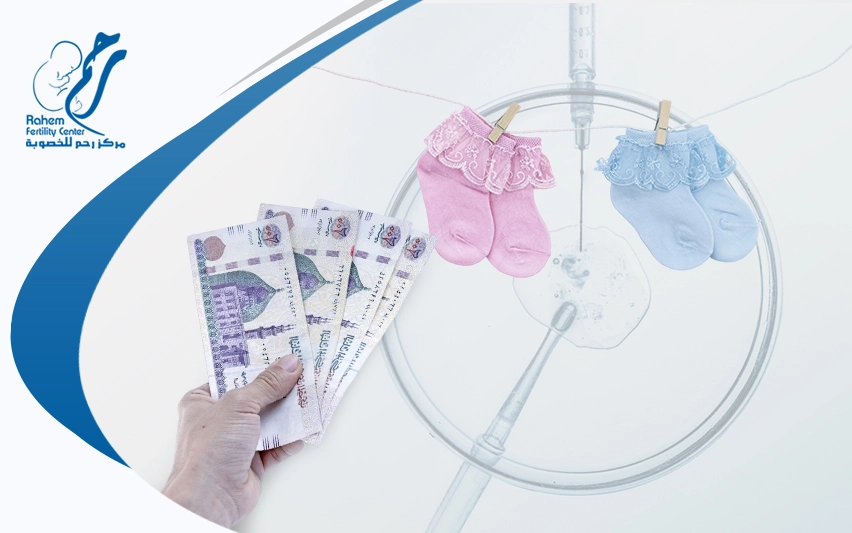Behind every IVF cycle lives hope, and sometimes heartbreak. When miscarriage after IVF enters the story, clarity becomes the anchor: why a loss can happen, when it’s most likely, what the numbers really mean for your situation, and which steps put control back in your hands.
The aim is simple: turn confusion into an informed plan, and turn fear into the next, steadier move forward.
Why Miscarriage After IVF Happens?
Most miscarriages, whether after IVF or natural conception, are linked to biological factors that are often beyond personal control. Key contributors include:
- Chromosomal abnormalities in the embryo are the most common cause.
- Maternal age and the impact on egg quality over time.
- Uterine issues such as polyps, fibroids, or scar tissue.
- Hormonal or thyroid problems that affect implantation and early growth.
- Clotting disorders or autoimmune conditions that interfere with pregnancy stability.
- Lifestyle factors like smoking or excessive alcohol use.
- Male factor issues, including sperm DNA fragmentation.
It is important to remember that miscarriage reflects biology, not personal fault or lack of effort.
What are the symptoms of a miscarriage after IVF?
The signs of a miscarriage after IVF are often similar to a natural pregnancy loss. Some women notice bleeding, cramping, or a sudden drop in pregnancy symptoms, which can happen in cases of miscarriage with IVF.
Because IVF miscarriages can feel confusing, it’s important to talk to your doctor as soon as symptoms appear.
Get your inquiry
At Rahem Center, our vision is to be at the forefront of distinguished scientific centers in the field of fertility assistance, not only in Egypt but in the world.
Chances of miscarriage after IVF
Searches for “chances of miscarriage after IVF” or “chances of miscarriage after IVF pregnancy” are common. The risk depends on factors such as age, embryo quality, genetic testing, and medical history.
Younger patients with chromosomally normal embryos face a lower risk, while maternal age or untreated conditions increase it. Your clinic can explain your individual chances based on transfer details.
Are you more fertile after an IVF miscarriage?
Some women wonder if fertility improves after a miscarriage with IVF, but this isn’t always the case. Your chances depend on your health and the reasons behind the loss, since every case of IVF and miscarriage is different. With proper medical guidance, many women go on to have healthy pregnancies after IVF miscarriages.
When Miscarriage Happens After IVF and How to Reduce Risk?
The highest risk of miscarriage after IVF is during the first trimester, often in the first 2 to 10 weeks, especially before or around the time a heartbeat is expected. Once a heartbeat is confirmed, the chances of an ongoing pregnancy improve. To lower risks, doctors focus on:
- Early monitoring with bloodwork and ultrasounds.
- Hormonal support, such as progesterone, when needed.
- Health checks for thyroid, glucose, and clotting issues.
- Uterine evaluation to treat polyps, fibroids, or adhesions.
- Embryo testing, like PGT-A, is performed in selected cases.
- Lifestyle improvements include no smoking, limited alcohol, a healthy weight, rest, and stress management.
What Are the Odds of Miscarriage After IVF?
There is no single number for everyone. The odds of miscarriage after IVF depend on individual medical and treatment factors, and clinics adjust estimates case by case. Key influences include:
- Maternal age and egg quality.
- Embryo status, especially if genetically tested.
- Uterine health, including lining and structure.
- Hormonal balance, such as thyroid and glucose levels.
- Past pregnancy history and prior losses.
- Clotting or autoimmune issues that may affect implantation.
A chromosomally normal blastocyst generally carries a lower risk, but your clinic will give the most accurate picture for your situation.
know more about: best ivf doctor in egypt
What to Expect After a Miscarriage After IVF
Recovery involves two sides, and both are important:
- Physical: Most patients can resume treatment within weeks once hCG levels return to normal and the uterus is clear on ultrasound. Your doctor will guide whether to proceed with a medicated or natural cycle.
- Emotionally, Healing takes time. Allow yourself to grieve and consider counseling or support groups. Readiness to try again is not only medical but also emotional.
Can I get pregnant naturally after an IVF miscarriage?
Yes, some patients do conceive without treatment after an IVF miscarriage, especially if the original reason for IVF was a male factor that later improved, unexplained infertility, or a time-based issue like coordination of ovulation.
If there are persistent causes, for example, blocked tubes or severe diminished ovarian reserve, natural conception is less likely. Your physician can map a plan that includes a defined window for natural trying, then a return to treatment if pregnancy does not occur.
How long after IVF miscarriage to try again?
The right time to try again after a miscarriage with IVF varies, but many doctors recommend waiting one to three cycles. This gives your body and emotions time to recover, especially if the last attempt was affected by IVF and miscarriage. Taking this short break may also lower the risk of repeated IVF miscarriages.
Reducing risk in the next attempt
Think in terms of what you can control.
- Clarify diagnosis: Confirm there are no correctable uterine issues such as polyps, adhesions, or a septum.
- Optimize hormones: Stabilize thyroid and prolactin, and review luteal support.
- Review embryo strategy: Discuss blastocyst transfer, single embryo transfer, and whether PGT A is appropriate for your case.
- Address lifestyle inputs: Stop smoking, limit alcohol, ensure adequate sleep, manage stress, and target a sustainable weight range.
- Plan monitoring: Early hCG checks and first-trimester scans provide timely reassurance and faster intervention if needed.
Timing your next try
Some couples feel ready as soon as the next cycle. Others need more time. Many teams suggest at least one normal cycle after a clinical miscarriage, but the exact timing is individualized.
What matters is medical readiness, a clear plan, and emotional bandwidth. If you had two or more losses, ask about a recurrent pregnancy loss workup, even in the IVF setting.
How partners can help
Share appointment notes, divide calls and paperwork, and set simple routines for rest and meals. Partners can also ask questions at visits, so both of you hear the same plan. Practical support reduces decision fatigue, which is common after loss.
know more about: icsi vs ivf birth defects
Closing thought and next step
Miscarriage after IVF is heartbreaking, yet it is not the end of your story. Ask your team to review the specifics of your case, translate the numbers into your personal odds, and outline how to reduce risk next time.
If you want structured guidance, book a consultation. Bring your transfer reports, embryo details, and lab results, and we will help you turn difficult data into a clear plan toward a healthy pregnancy.
The IVF journey is challenging, but the right guidance changes everything. With expert care and a deep understanding of miscarriage after IVF — including its causes, prevention, and recovery — Rahem Fertility Center helps you move from uncertainty to confidence. Don’t wait! Book your consultation today and take the decisive step toward the family you’ve been dreaming of.




